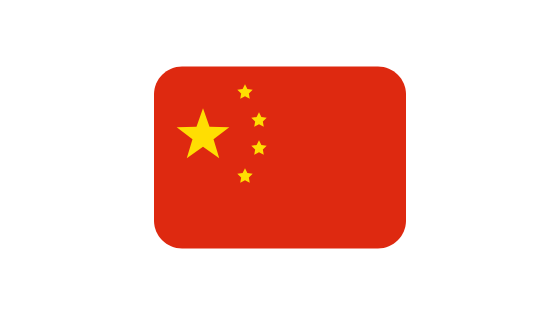Online Lenders
Back at it again, another Chinese P2P lending scandal
- After years of keeping its distance, China's policy toward P2P lending has changed dramatically.
- The government is shutting down failing and fraudulent P2P lenders.





